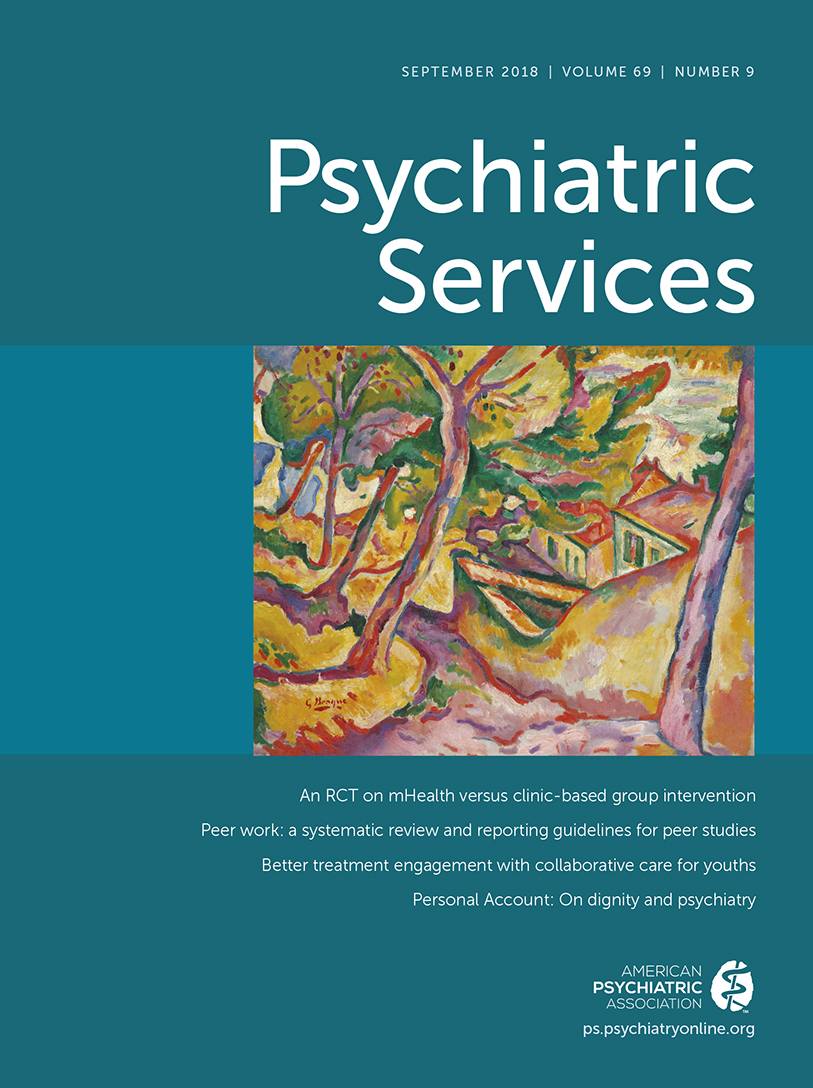A Systematic Review of the Attributes and Outcomes of Peer Work and Guidelines for Reporting Studies of Peer Interventions
Abstract
Objectives:
The purpose of this review was to describe key attributes and outcome measures reported in controlled trials of peer work, identify outcome measures likely to report significant change as a result of peer work, assess the quality of reporting, and formulate guidelines for the design and reporting of future trials.
Methods:
A systematic review was undertaken of randomized and nonrandomized controlled trials of peer work published since 1995. A content analysis identified reported program attributes in seven areas. Outcome measures were compared with results to identify measures most likely to report a significant difference as a result of peer work. Descriptions of program attributes were rated with respect to how clearly they were specified by authors.
Results:
A total of 37 studies were included. Program attributes varied widely, particularly the services that peers delivered and the outcomes measured. Outcome measures were limited to measures of individual clinical improvement and recovery rather than social and structural impacts. Outcomes that more often showed significant differences as a result of peer work were patient activation, self-efficacy, empowerment, and hope. Gaps in reporting of the attributes of peer work programs were identified and used to formulate guidelines for the design of future trials.
Conclusions:
Lack of attention to fidelity to core peer work principles and aims in the design and reporting of effectiveness trials limits the utility of research to policy and practice. The proposed guidelines will help future researchers to capture the unique value of peer work for individual and systemic change.




